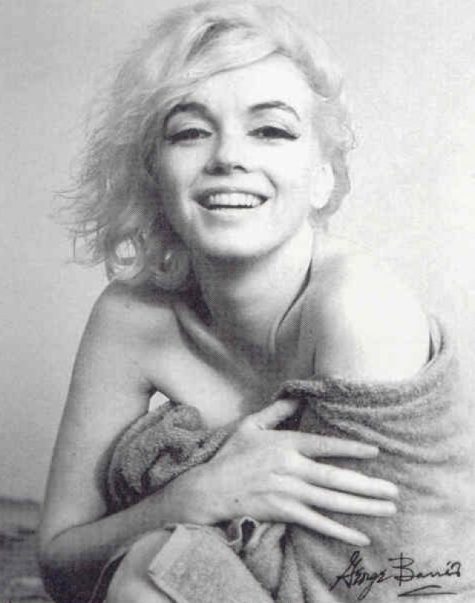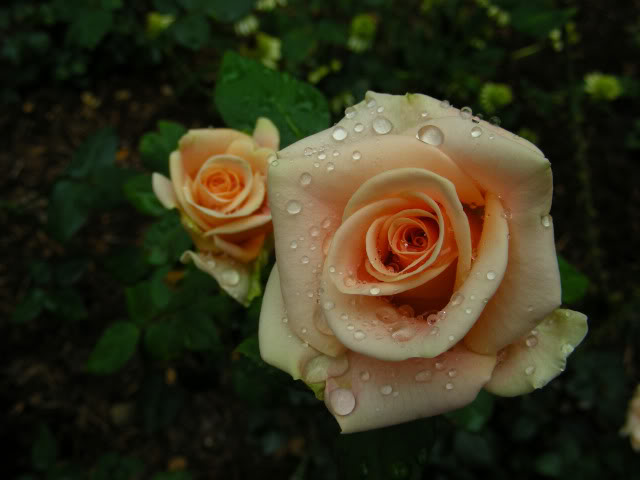This so-called ‘last weekend’ (actually, Marilyn died on the following weekend) remains one of the most controversial aspects of Marilyn’s days, and Greco’s memories are bittersweet:
Of course, she could still shine when she wanted to. But by now her gloss was too often just a thin veneer.
Despite her depression, she initially appeared in good shape when she arrived at Cal-Neva, after flying there on Sinatra’s private plane.
‘When she arrived that Saturday, you’d never believe that she had a care in the world,’ recalls Buddy Greco. ‘I was sitting with Frank [Sinatra], Peter Lawford and a bunch of other people, outside Frank’s bungalow, when a limousine pulls up and this gorgeous woman in dark glasses steps out,’ he says.
‘She’s dressed all in green – everything green: coat, skirt and scarf. Before I realised who it was, I thought: “My God, what a beautiful woman. No taste in clothes, but what a beautiful woman!”
‘I knew that she’d been to my concerts and shows. She was a regular at the Crescendo club in Hollywood where I often played.
‘We’d said hello a few times, but were never properly introduced. When Frank introduced us, I said: “You won’t remember me, but I was the piano player when you auditioned for the Benny Goodman band in 1948.”
‘She got emotional at that and hugged me. She had such warmth – and I was moved. Somebody took some wonderful shots of that moment, of us hugging.’
But by the end of the first evening, a darker Monroe was beginning to emerge. Greco had finished his first performance in the hotel’s lounge and had joined Sinatra and the other guests at Sinatra’s regular table.
‘It was a wonderful time, a magical weekend. It is so hard to describe now but it was maybe the best time of my life.
‘Then suddenly the room went silent and very still. It was surreal. As if somebody had turned the sound off. I looked at Frank. I could immediately tell he was furious. His eyes were like blue ice cubes.
‘He was looking at the doorway where Marilyn was stood, swaying ever so slightly.’
‘She was still in the same green outfit she’d worn all day,’ says Greco. ‘But the woman I’d met that afternoon – smart , funny, intelligent, fragile – had gone.
‘Now she looked drunk and, well, defiant. She was clearly angry and I think I heard her say: “Who the f*** are they all staring at?”‘
Sinatra – who was obviously irritated by her erratic behaviour – acted fast.
‘It was clear Sinatra was worried. She was in a state where she could have said anything,’ says Greco.
This would have been a major concern for many of those around the table. Monroe, after all, knew an awful lot of secrets – and, in her condition, might have been prepared to share them.
‘Sinatra motioned to his bodyguard – Coochie – to get her out of there. Coochie, a big guy, escorted her out. Actually, he picked her up and carried her out. It wasn’t the star we were used to seeing.’
The incident upset Buddy Greco. He had felt such warmth and vulnerability in her only a few hours earlier and could not understand how she had changed so terribly and suddenly.
‘She was on my mind,’ he says. ‘I was worried about her. I went outside to find out whether she was okay. I knew that she had taken accidental overdoses in the past.
‘I found her by the pool. There was nobody around. It was late and the pool was deserted.
‘Maybe it was the moon but she had a ghostly pallor. It still didn’t occur to me that she might be a woman not long for this world.
‘She was distressed, out of it, but that was all. Maybe her friends were used to seeing her like that but it worried me. Anyway, we talked.
‘I walked her back to her bungalow in the complex reserved for the guests of Frank and Giancana where we all stayed.
‘I thought that the next morning I could put her with Pat Lawford [the Kennedys’ sister], who was her companion, and make sure she got back to L.A. safely.
‘But the next day when I called, she had already left. That was the last time I saw her.’ So does he think that Sinatra had finally lost patience with Monroe and by abandoning her had left her to her fate?
The article is very speculative, but nonetheless, Greco’s memories are fascinating, as veteran showbiz columnist Liz Smith has noted:






